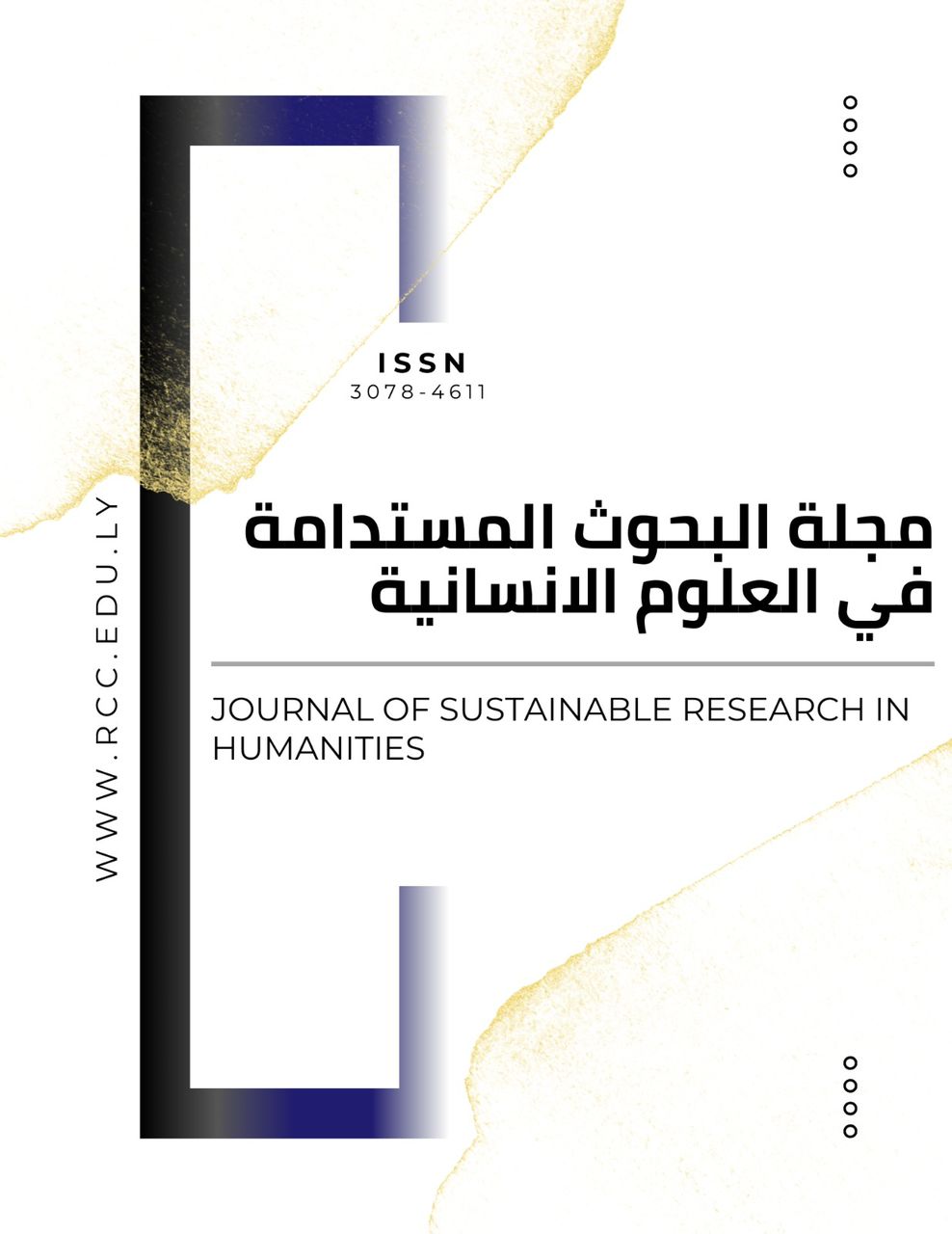AI in English Language Teaching: A Systematic Review of Tools, Opportunities, and Challenges
DOI:
https://doi.org/10.36602/jsrhs.2025.2.2.7Keywords:
Artificial Intelligence, Personalized Learning, , English Language Teaching, Pedagogical Shifts, AI-powered ToolsAbstract
Artificial Intelligence (AI) is rapidly transforming various sectors, with English Language Teaching (ELT) experiencing significant shifts. This paper presents a systematic review, employing a qualitative methodology and thematic analysis of secondary sources including 11 peer-reviewed journal articles and case studies, to explore the integration of AI-powered tools in English language classrooms. The review investigates their capabilities, benefits, challenges, and the resulting pedagogical transformations within ELT. Findings indicate that tools such as Grammarly, ChatGPT, ELSA Speak, and Duolingo substantially enhance English language learning by improving writing accuracy, pronunciation, vocabulary acquisition, and overall language skills. These tools foster personalized, engaging, and flexible learning experiences, promoting learner autonomy, and supporting educators in providing feedback and assisting with lesson planning. However, their integration also presents considerable challenges, including concerns over accuracy and complex linguistic nuances, the risk of over-reliance leading to reduced self-editing and academic integrity issues, the absence of direct human interaction and potential cultural bias, and technical requirements like stable internet access. The paper concludes that while AI tools offer significant potential to complement traditional ELT, their implementation requires careful consideration to mitigate risks such as digital inequalities and potential teacher displacement. Practical recommendations emphasize comprehensive teacher training, seamless curriculum integration, ensuring equitable access, establishing ethical guidelines for data use, and conducting essential longitudinal and experimental research to understand long-term impacts on teacher-student dynamics and learning outcomes.
Downloads
Downloads
Published
Issue
Section
License

This work is licensed under a Creative Commons Attribution-NonCommercial 4.0 International License.








